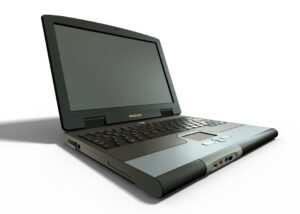In Church House studio today, Keith is joined by Chris the wild moose. We focus on a world view, in particular inclusive language and problematic language, as outlined by a guide developed by the University of Washington. The guide opens with the statement that words matter but then goes on to explain many words that should be banned. It offers alternate words to use, along with a definition of the term and why it’s problematic. The trouble is that the alternates are often cloudy, murky, vague, nondescript, and just plain confusing. In some cases, the alternate world that is supposed to be better is way more offensive than the original term.

Though we manage to make it through all four of the categories that are in this guide, we skip over several of the phrases that are claimed to be offensive. Both Kris and Keith agree on a few of the terms, and we can see where the offense comes into play.
For a great mini of the words, often there is a cultural misunderstanding in what the term’s history is. At other times the term may have inanimate concepts have human or emotional meaning forced onto them. For example, color coding items now carry emotional or racial baggage.
Some terms having very human expressions like male, female, or man, are commonly used to describe inanimate objects like a plug and outlet. Also, concepts like man-hours or upperclassmen are considered offensive because they ignore the age-old neutral meaning of the word man. Used in its generic form, it includes women as well, so the acrobatics of using the words person or human isn’t necessary. When we get to the category of Disability, the utter ignorance and insensitivity of the guide developers shine through.
The authors are not disabled and pander to what they think someone with real disabilities might be offended by.
Even though it runs a bit long, in the end, we hope that this show will be educational for our listeners.
Read the full IT Inclusive Language Guide.
 “Used with permission from Microsoft.”[/captione]
“Used with permission from Microsoft.”[/captione]
Podcast: Play in new window | Download (Duration: 1:13:45 — 67.5MB)
Subscribe: Apple Podcasts | Amazon Music | Blubrry | Podchaser | RSS | More

